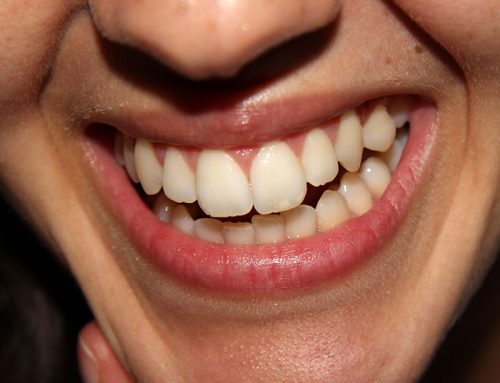Sweet Seduction
Have you ever heard of the Law Of Unintended Consequences? It’s most commonly used in economics, but it has other applications where the best intentions go unexpectedly awry. Think email/spam, dieting/yoyo weight gain, lower fat/higher sugar for taste. It’s this last one that is of concern to me. Our sugar intake has increased at an alarming rate, and it’s not all because of larger portions and succumbing to ad campaigns. Some of it has arisen due to misguided attempts to improve and streamline our food production and reduce our dietary fat intake. Sugar is often added to food to replace the taste loss when fat is reduced.
Is Sugar Toxic?, a comprehensive and rather alarming article written by Gary Taubs and published in the New York Times, explores the confounding and contradictory evidence about the role sugar plays in modern health issues.
You don’t need to be a nutritionist, physician, or dentist to understand that sugar, whether solid or liquid:
What can you do? Here’s what I tell my patient based on the BC Dental Association recommendations:
Try to monitor your sugar intake, even when its hidden. The problem isn’t the sugar your spoon into your coffee or tea in the morning. The bigger threat is “hidden sugar” that is already in most processed foods. Breakfast cereals are loaded with it, and even a so-called low-fat muffin or non-fat flavored yogurts can have the equivalent of 7 1/2 tsp (37ml) of sugar to replace the taste of the missing fat. That is more sugar than many desserts.
Food labels containing words ending in “ose,” for example, glucose, dextrose, fructose, lactose, or maltose all mean sugar. Even salad dressings and ketchup contain an excess of the stuff.
The saliva levels in the mouth will be higher which helps to neutralizes acid
Call me and book an appointment. I can identify problems early, provide good information, and take steps to help you lead a healthier lifestyle and am always happy to help you keep all of your best intentions!






